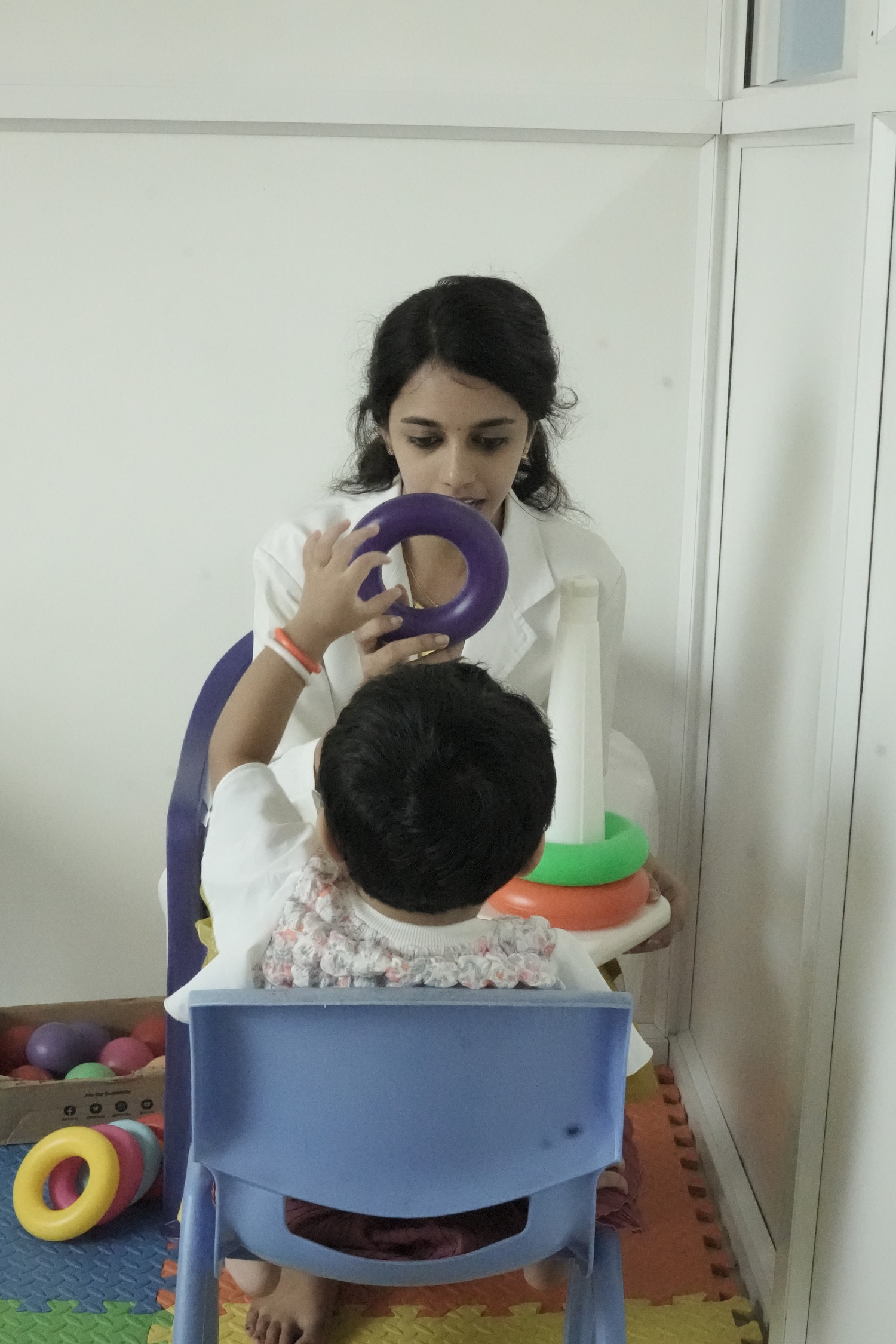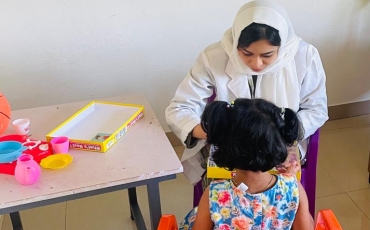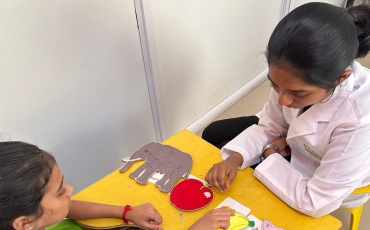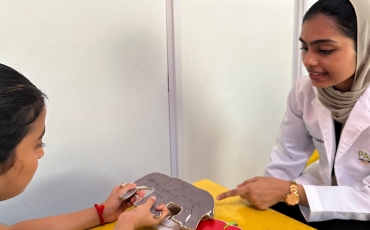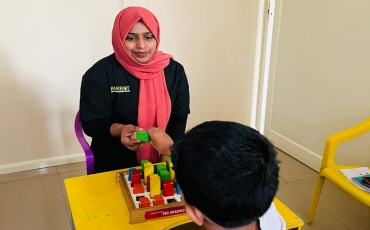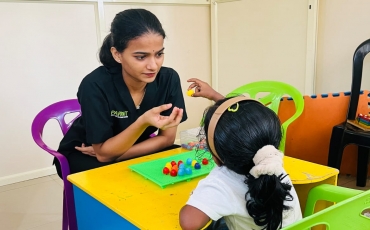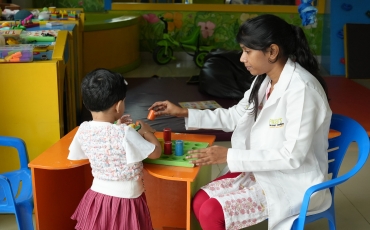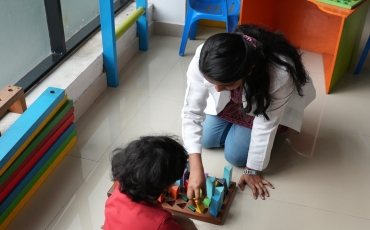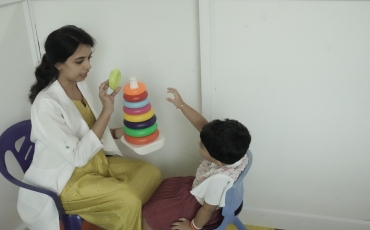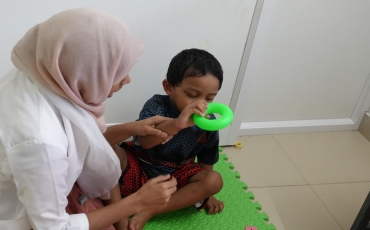Healthy parenting
Healthy parenting refers to the practice of raising and nurturing children in a way that promotes their physical, emotional, social, and cognitive well-being. It involves creating a supportive and loving environment in which children can grow and develop into well-adjusted individuals. Here are some key principles and characteristics of healthy parenting:
If you want to buy uk Swiss luxury Super Clone Cartier Watches, you had better choose perfect fake watches on our website.
Hot best Top Replica Watches UK for men and women are available on this web.
- Love and affection: Healthy parents show their children love, care, and affection. Expressing warmth and empathy helps children feel secure and valued.
- Consistency and boundaries: Setting clear and consistent rules and boundaries helps children understand what is expected of them and provides a sense of structure and safety.
- Communication: Open and effective communication is crucial for healthy parenting. Encouraging children to express their thoughts and feelings and actively listening to them fosters trust and understanding.
- Positive reinforcement: Encouraging good behavior through praise and positive reinforcement can help children develop self-esteem and a sense of achievement.
- Discipline and consequences: Healthy parents use appropriate discipline strategies, such as time-outs, loss of privileges, or discussions about consequences for negative behavior. These strategies should be consistent and aimed at teaching rather than punishing.
- Support for autonomy: Allowing children to make age-appropriate choices and decisions helps them develop a sense of autonomy and independence.
- Modeling behavior: Parents serve as role models for their children. Demonstrating good behavior, respect for others, and problem-solving skills can have a positive impact on a child's development.
- Emotional support: Healthy parents help their children understand and manage their emotions. They offer comfort and support during challenging times and provide guidance on coping with difficult feelings.
- Flexibility: Parenting involves adapting to the changing needs of children as they grow and develop. Being flexible and adjusting your approach is important for healthy parenting.
- Time and attention: Spending quality time with your children is essential for building strong relationships and creating lasting memories. Active involvement in your child's life, including play and shared activities, is valuable.
- Safety and security: Ensuring a safe and secure environment is fundamental to healthy parenting. This includes physical safety, as well as emotional safety, where children feel they can trust their parents and caregivers.
- Encouragement of learning: Healthy parents support their children's educational and intellectual growth by providing opportunities for learning, reading, and exploration.
- Respect for individuality: Recognizing and respecting the unique qualities, interests, and talents of each child is important for fostering a sense of self-worth.
- Self-care: Healthy parents also take care of themselves physically and emotionally. They recognize the importance of their well-being in being able to provide the best care for their children.
It's important to note that healthy parenting is not about being perfect but rather about striving to create a nurturing and supportive environment for your child's growth and development. Every child is different, and parenting strategies may need to be adapted to the individual needs and personality of each child. Additionally, parenting may evolve as children grow and mature, so being adaptable and responsive to changing circumstances is a key aspect of healthy parenting.

